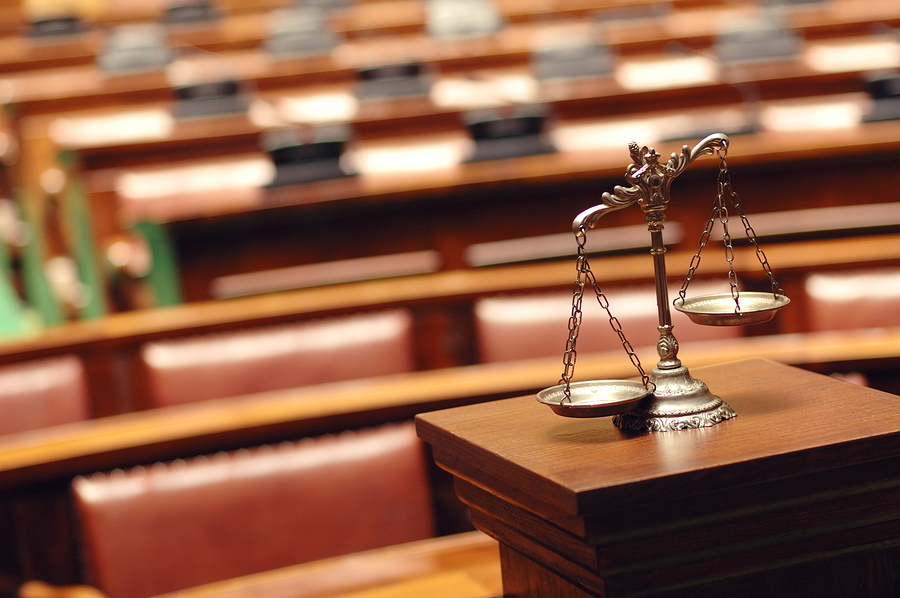What happens when you violate a non-disclosure agreement? Are there any circumstances in which is permissible to violate one without consequences? What are non-disclosure agreements even for? What does everyone have to hide? Non-disclosure agreements are a way for businesses or individuals to protect confidential information given to their employees or other parties. They can also be called “confidentiality agreements” or simply “NDAs.” At Lindley Law, all employees sign a confidentiality agreement with respect to client information. In addition to attorney-client confidentiality, it is important to the attorney-client relationship that we maintain confidentiality so as to not compromise or prejudice our clients in any way. Other companies, such…
-
-
How Do Lawyers Get Paid, Anyway?
Retainers, contingency fees, flat fees…what does it all mean? These are the most common methods of paying lawyers. Some stick to one fee structure while others employ a variety. The type of law they practice usually dictates how a lawyer is paid. Estate planners and family law attorneys often charge flat fees for some of their services. Personal injury attorneys generally work on a contingency basis. Criminal defense lawyers and civil litigators often take retainers and charge an hourly rate. There are exceptions to these generalizations, of course, and other factors apply, such as the simplicity or complexity of a case, and how many hours it may take. …
-
Think You Can Represent Yourself in Business Court? Think Again.
While it is legally permissible to represent yourself in Business Court, it probably is not a good idea as one plaintiff learned the hard way. In a recent decision from the North Carolina Business Court, a plaintiff, James Gillespie, attempted to be a pro se litigant and wound up with his case dismissed and responsible for paying much of the defendants’ legal fees. Gillespie originally retained counsel for the purpose of suing the defendants. However, his attorneys, John and James Scarbrough, filed a Consent Motion to Withdraw as counsel. The court granted this motion requiring Gillespie to retain a new attorney within four weeks. He did not make the…
-
Five Questions About Construction Liens
Whether you are a home owner in the midst of a kitchen renovation, a business owner considering an office expansion, or otherwise involved in a construction project, it is important to understand who gets paid and when. By doing so, you may avoid a construction lien being placed on your property or, conversely, successfully use the lien statutes to ensure that you get paid for you work. What is a construction lien? Construction liens, also known as mechanic’s liens, are legal claims on real property, often used by builders, contractors, suppliers, or subcontractors who have not been paid…
-
Rule 11 Sanctions and Incompetency Proceedings
In Re Cranor began as a straightforward incompetency proceeding, but devolved into a Rule 11 battle between two North Carolina attorneys.[1] The proceeding centered on a woman named Carole Cranor. Because of her early onset dementia, Carole had difficulty preparing meals for herself, suffered dehydration, and sustained a fall due to her diminished mental capacity. As such, she hired a friend and attorney, Harriet Hopkins, to help her choose a long-term care facility and get her affairs in order. Despite a falling out over their mother’s estate some years back, Frank, Carole’s brother, intervened when he realized Ms. Hopkins drafted a durable power of attorney (“DPOA”)…
-
North Carolina Business Court Weights in on Attorneys’ Fees in Class Action Settlements
Recent decisions by the North Carolina Court of Appeals and North Carolina Business Court (NCBC) shed light on a previously unsettled question of law: when can a North Carolina trial court award attorney’s fees as part of a class-action settlement in the absence of additional statutory authority? Long-standing precedent is that a court can award attorneys’ fees to a prevailing party when statutorily authorized to do so.[1] This practice is known as the “American Rule.” The intended purpose of the American Rule is to encourage the conservation of judicial resources by promoting settlement and discouraging unnecessarily prolonged litigation.[2] Regarding…
-
North Carolina Business Court Awards Rule 11 Sanctions for Second Time this Fall
The North Carolina Business Court recently entered Rule 11 sanctions against attorneys who relied on inaccurate information from their clients in preparing and filing lawsuits. The decision comes just two months after the NCBC awarded Rule 11 sanctions in a case with similar facts (which we summarized Here). In the most recent decision, the client, John Mauney, represented to his attorneys that he was a manager and member of NC Bioremediation, LLC, and therefore had authority to file a lawsuit on the company’s behalf.[1] In fact, Mauney was not, nor had he ever been, a member or manager…
-
Rule 11 Sanctions Imposed for Improper Breach of Fiduciary Duties Claims Against Rank-and-File Employees
In September 2011, Southeast Air Charter, Inc. (“Southeast Air”) brought suit against three (3) employees (“Defendants”) alleging, among other things, breach of fiduciary duty and constructive fraud. The North Carolina Business Court (“NCBC”) determined all defendants were rank-and-file employees of Southeast Air and therefore could not be subject to the breach of fiduciary duty and constructive fraud claims. As such, Plaintiff and Plaintiff’s attorneys were subject to Rule 11 sanctions for bringing these claims without any factual basis. In determining the appropriate amount of sanctions and the allocation of attorneys’ fees incurred by Defendants, Judge James Gale, Chief Special Superior Court Judge of the NCBC,…






